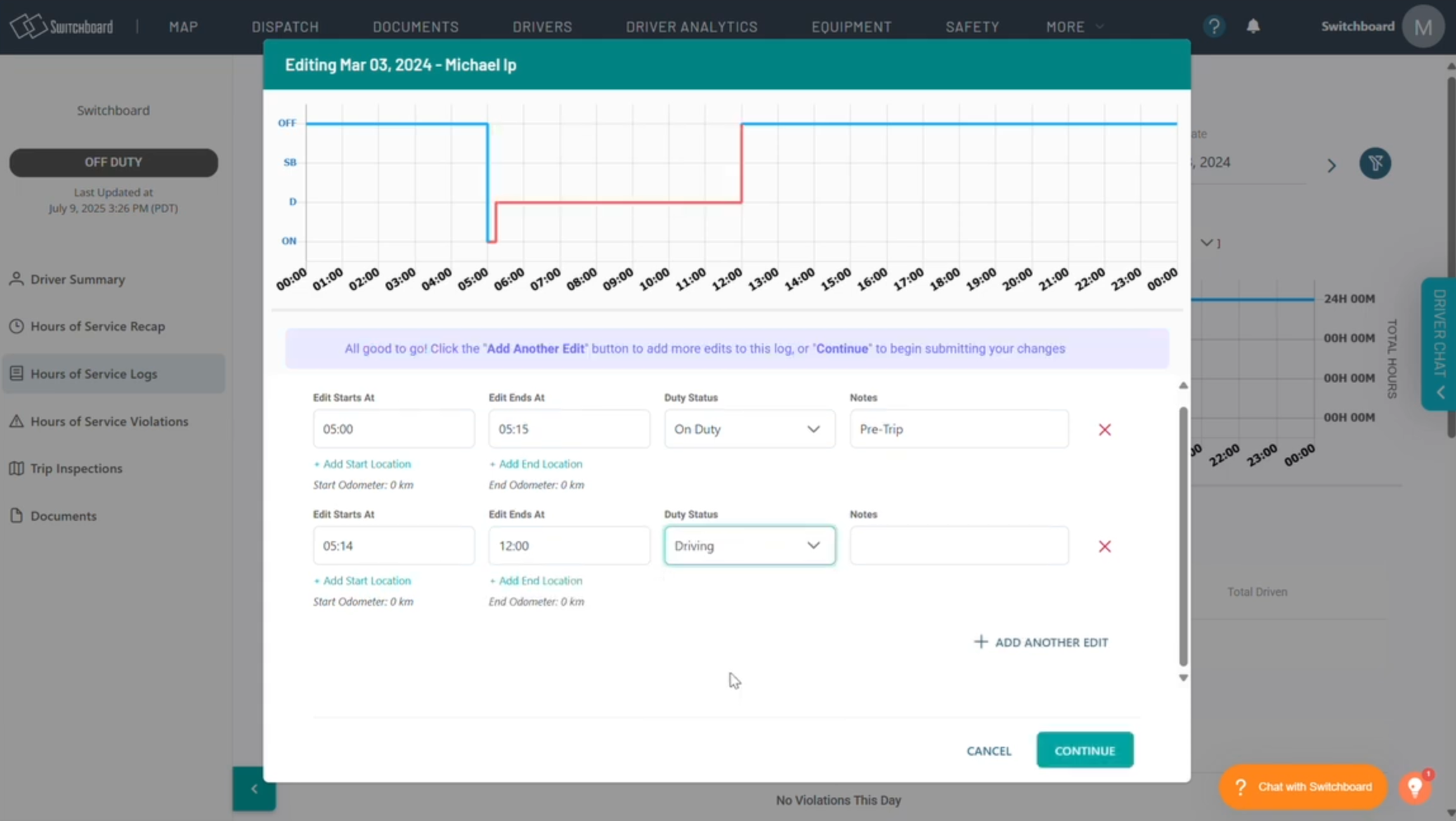If you're involved in the world of commercial transportation, understanding and complying with IFTA is an essential aspect of the commercial transportation industry. But what exactly is IFTA, and why does it matter for commercial carriers? Heresimplify the concept of IFTA and shed light on its significance for carriers.
What is IFTA?
IFTA stands for the International Fuel Tax Agreement, a cooperative agreement among U.S. states and Canadian provinces. Its primary purpose is to streamline and simplify the reporting and payment of fuel taxes by motor carriers operating in multiple jurisdictions.
IFTA ensures carriers pay fuel taxes to states & provinces
Essentially, IFTA ensures that carriers pay the appropriate fuel taxes based on where they operate, rather than dealing with separate tax authorities in each state or province.
- Quarterly Reporting: Carriers who operate qualifying vehicles under IFTA are required to file quarterly fuel tax reports. These reports detail the total miles traveled and the total gallons of fuel purchased in each jurisdiction.
- Calculation of Taxes Owed: Carriers calculate the fuel tax owed to each jurisdiction by applying that jurisdiction's tax rate to the total gallons of fuel consumed in that jurisdiction.
- Net Tax Owed or Refund: The carrier then calculates the net tax owed or refundable by comparing the taxes owed to each jurisdiction against the taxes paid through fuel purchases.
- Payment or Refund: Carriers either make payments to jurisdictions where they owe taxes or receive refunds from jurisdictions where they overpaid.
If you want to learn how to file IFTA fuel taxes, read more here: Easiest Way To Calculate Your IFTA - A 4 Step Guide
IFTA simplifies tax reporting for carriers operating across state or provincial lines. Instead of dealing with multiple tax authorities, carriers file a single quarterly report with their base jurisdiction. Carriers can avoid the administrative headache of managing individual fuel tax permits and payments for each jurisdiction they operate in. IFTA promotes fair taxation by ensuring that carriers pay fuel taxes where they use the roads, which prevents overpayment of taxes and can lead to cost savings for carriers.
Non-compliance with IFTA regulations can lead to penalties, fines, and potential audits. It's crucial for carriers to stay up-to-date with their reporting and payments to avoid these issues.
Switchboard provides technology which lets you calculate your IFTA fuel taxes in minutes. Learn more here.
IFTA may seem complex at first glance, but it plays a vital role in simplifying the fuel tax compliance process for commercial carriers. By adhering to IFTA regulations, carriers can streamline their operations, and ensure they're contributing their fair share of fuel taxes to the jurisdictions they traverse.
Any questions? Contact us to get in touch with our team.












